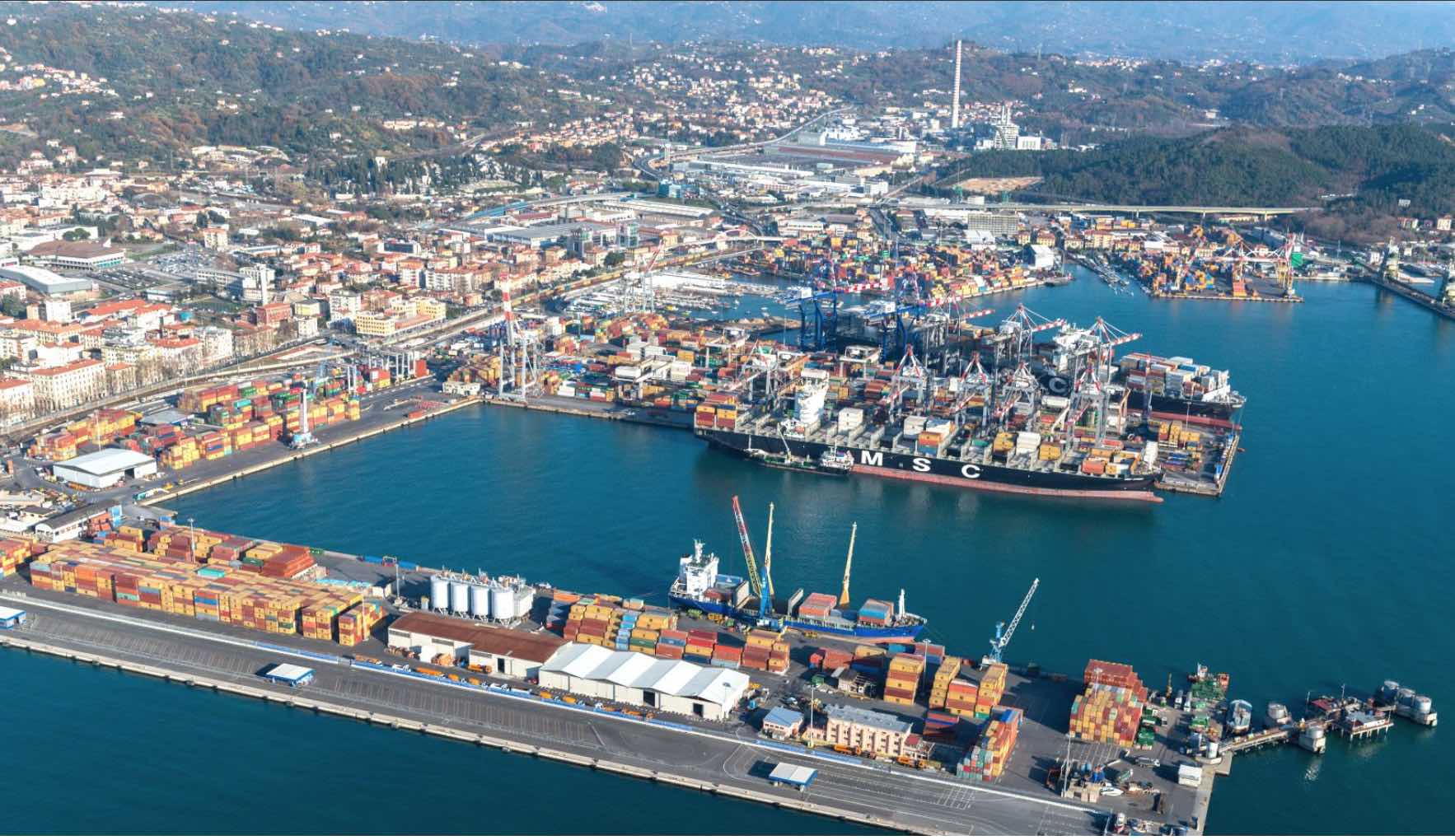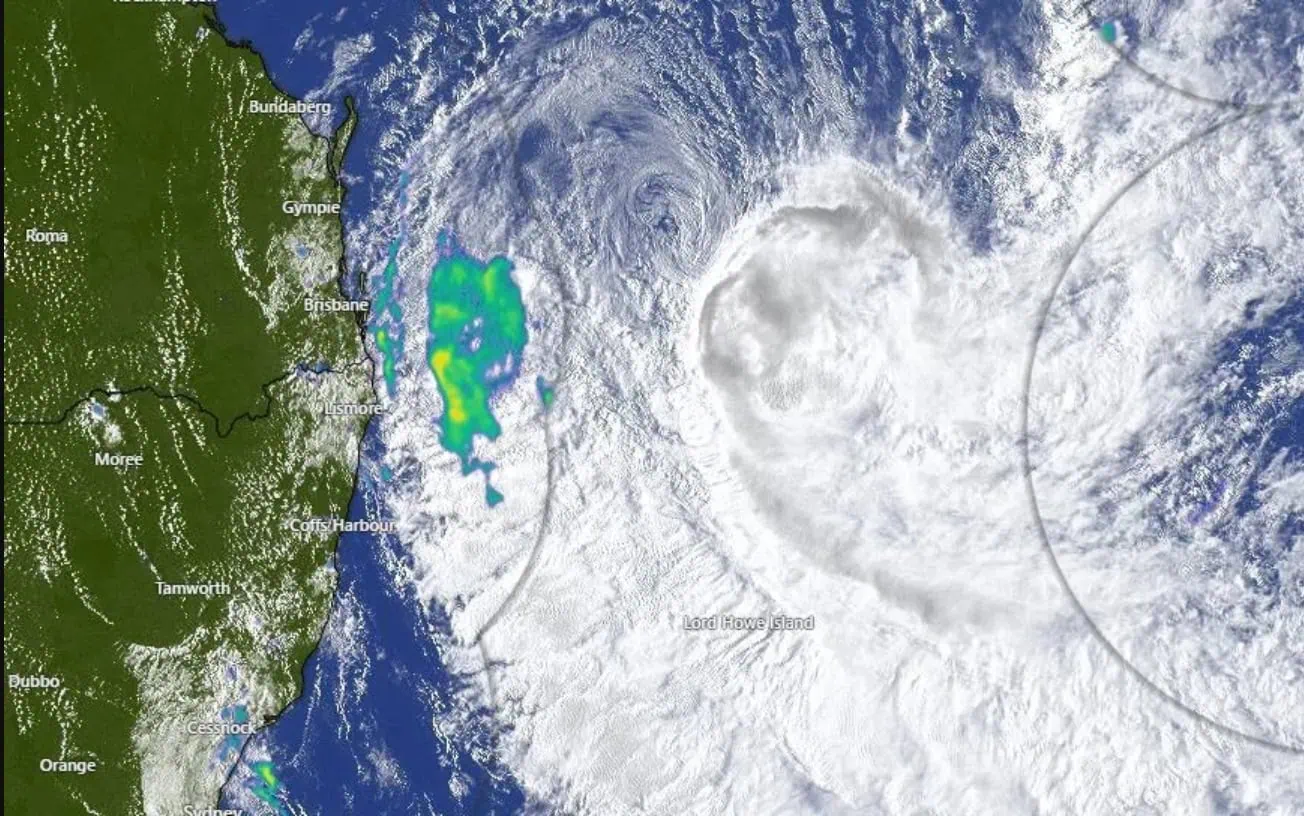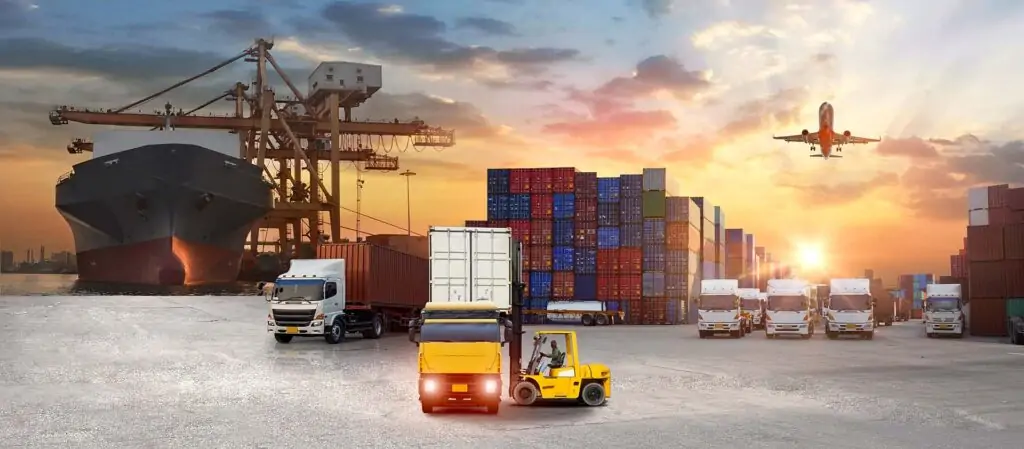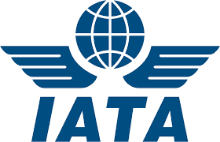Gava Newsletter
Dear Valued Gava Customers,
As you may be aware, the rapid spread of the COVID-19 Omicron variant has completely changed the game we are all playing. No part of the logistic chain is unaffected. Container transport operators across Australia have reported that they are experiencing between a 20% to 50% reduction in available staff. In some extreme cases, this has risen close to 70%.
Compounding this are staff shortages at customers’ premises, international container stevedore terminals, and empty container parks across Australia, significantly delaying the movement of containers through the supply chain. As a result, transport operators are reporting operational capacity constraints, with transport yards operating between 70% to over 130% capacity. This is particularly acute due to the delays in customer deliveries and the constant need to stage empty import containers through transport yards while trying to secure de-hire slots at clogged empty container parks or container terminals that have reached capacity to receive returns.
The current supply chain delays and the severe impact of COVID infections seem set to continue well into 2022.
DP World Australia has notified the industry that approximately 10% of its workforce are impacted through either having contracted COVID-19 or are isolating at home with a positive case in their household. DP World says these numbers may increase as Australia works through the current COVID-19 wave.
Vessel berthing delays at container terminals across Australia are still of significant concern, impacting all the major stevedore companies. These delays are being felt most acutely in Melbourne, with delays between 2 and 9 days. The flow-on impact of these delays is terminal congestion and significant competition among transport operators to secure vehicle booking slots before import containers incur storage fees or gain export slots to meet vessel cut-offs.
Currently, there is no relief on the time constraints. Transport operators still only get three days to retrieve import containers from the terminals. In addition, export receival periods can fluctuate wildly if vessels come forward in their port rotation to avoid congestion elsewhere or are alternatively delayed from port arrival or berthing. As a result, weekend work has increased to keep up with demand.
Additionally, the current COVID labour constraints and fatigue management rostering obligations really bite on driver and staff availability on weekends. Transport operators are trying to work with the container terminals to avoid import container storage charges; however, this is proving to be extremely difficult, supercharged over the Christmas & New Year period with shorter working weeks, staff availability and operating hours.
Import container detention fee pressure has risen too, with none of the shipping lines providing any relief to importers/forwarders from hefty charges for late empty return, despite congestion at their contracted container terminals or empty container park providers being a significant contributor to the supply chain delays. In addition, the lack of de-hire slots and capacity at some empty container parks or container terminals and slow truck servicing times at these facilities is out of the control of transport operators. In many instances, this makes it almost impossible for the empty containers to be de-hired before container detention terms are breached.
We also face a long waiting time at the collection depots (Air and Sea). Drivers, in some cases, have had to wait up to 6 hours to collect the cargo while in other cases were turned away.
In summary, persistent import and export demand, coupled with the significant operational headwinds being faced, have many in the landside container logistics sector commenting that it is the most challenging conditions they have ever encountered. These demanding conditions have impacted the way all businesses in the industry operate. At Gava Australia, this has translated into additional costs, time and effort spent. With the continuous changes of the departure of vessels, rotation changes and other issues within the industry, we are forced to spend an additional 40% of time continuously revising these changes and notifying clients all over the globe. We understand these delays are frustrating and upsetting for our clients; however, these changes are out of our control, and we ask that you please take this into consideration. At Gava Australia, we will do our absolute best to deliver your goods on time and keep you well informed of any changes/ issues that arise in the industry.












